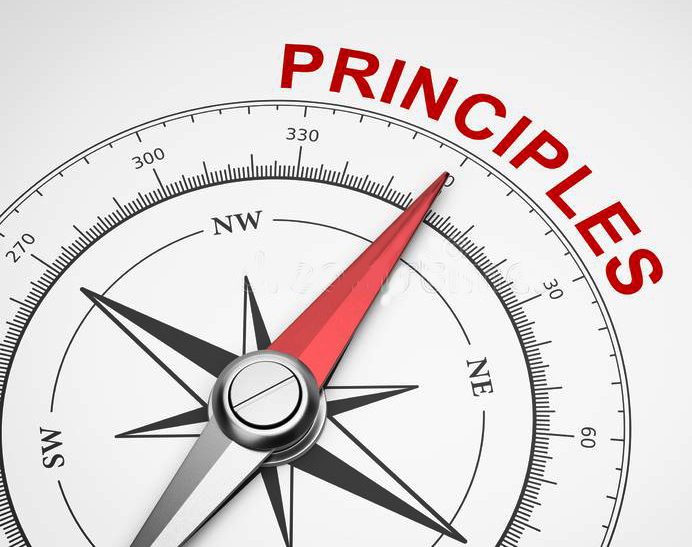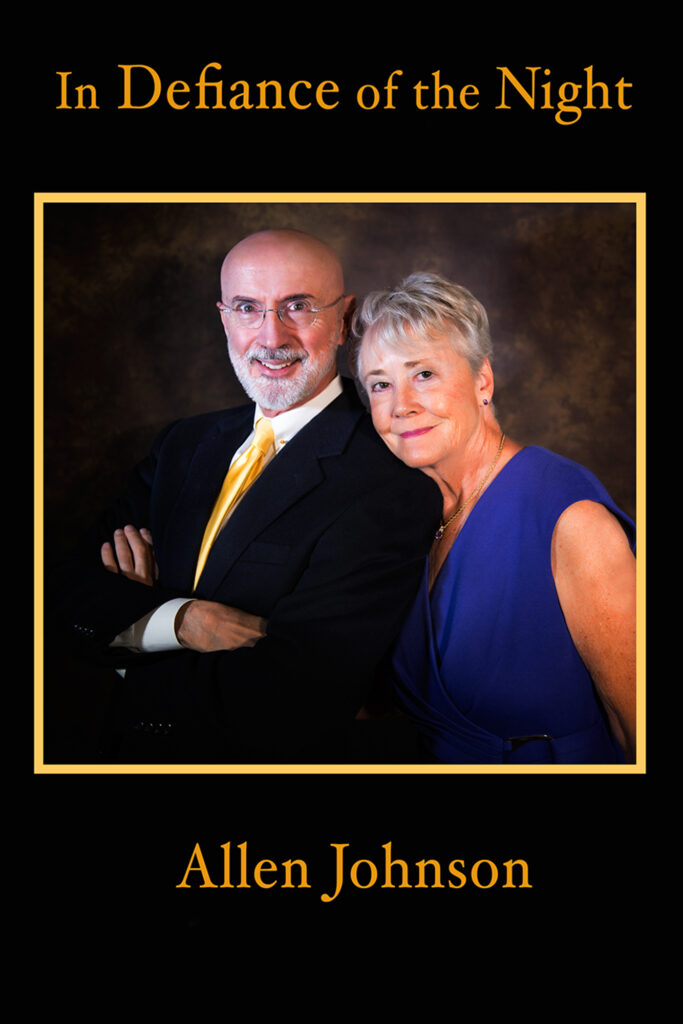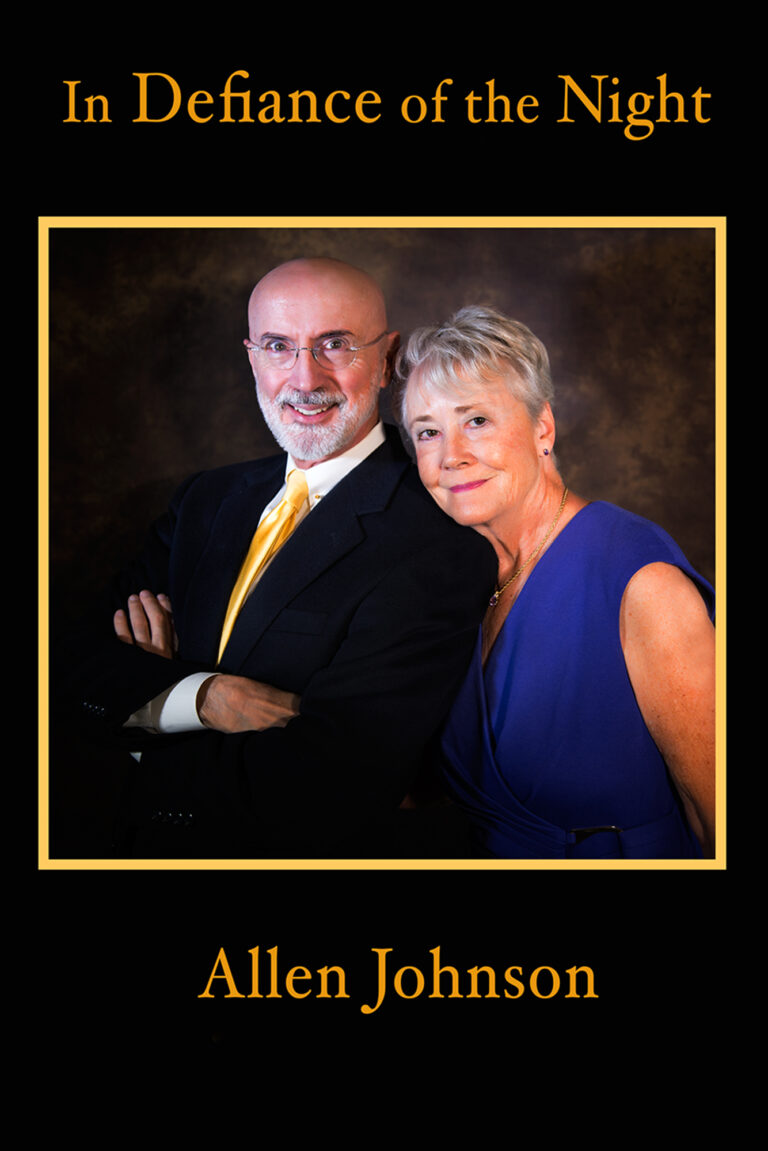In Chapter 17, I expressed my pleasure in tutoring three teenagers in the art of composition. I enjoyed their company. They were funny and seemingly engaged. At each biweekly session, I gave them a writing assignment. Although the results were promising, their work was dusted with errors, which is expected from young writers.
And then I received an astonishing paper from Sarah, which is not her real name. Her essay was without errors. It was perfect—too perfect. I quickly googled a few lines online and discovered she had plagiarized the entire work.
Now I was stabbed a second time. The first injury was to my levator muscle. The second injury was to my heart—and more deeply felt.
She lied to me. And her letter of apology did not ease the pain. According to her explanation, she felt she was not able to keep up with the other students. She wanted out. She argued that telling her mother was not an option; she would have insisted she continue taking the lessons—not something Sarah wanted to do. Consequently, she concocted a plan. The following are her words, including the two bolded verbs:
“I decided to copy an essay I found on a website and use it for my homework. I knew you would find out, and I knew you would not allow me to attend the regular meetings.”
Sarah was wrong. I would not have disallowed her from continuing. That said, I probably would have asked her to miss one or two sessions to think about her choices—including her decision to entangle me in her deception. What I really wanted was the opportunity to speak to her face to face—an invitation she flatly refused.
***
I had two concerns: one academic, the other spiritual.
My academic concern. Sarah was at a fork in the road. If she had chosen the higher ground, she would have struggled. But eventually, she would have figured out the poetry of writing. But she chose the lower road—with its flat terrain and less demanding landscape. She chose to quit. I feared from that point on, she would think of herself as someone incapable of writing—a self-concept built upon a fallacy and ultimately one that broke my heart.
My spiritual concern. If we had spoken, I would not have demeaned her. I would have begun by seeking to understand her thoughts and feelings. Then, I would have spoken about the meaning of integrity and the importance of expressing her true feelings before resorting to manipulation and gamesmanship. My purpose would not be to make her squirm—that would have been equally childish—but to gently offer a more evolved, more spiritual way of being.
Helping Sarah to understand the meaning of a “spiritual way of being” would have been, on my part, an expression of love. The word “love” is carelessly tossed about. Young people often have a limited understanding of the fullness of love—tainted by a steady stream of narcissistic romantic comedies. Although I’m a big fan of romantic love, the nature of love I’m celebrating is much deeper.
***
The American psychiatrist, M. Scott Peck, defined love as “The will to extend oneself for the purpose of nurturing one’s own or another’s spiritual growth.” In his book, The Different Drum, Peck describes four stages of spiritual development. I’ll describe them briefly here, with references to my own spiritual evolution.

Stage One: Self-Centeredness. For the most part, children are only concerned about their personal needs. But even adults can choose self-centeredness. Consider the man who steals from his parents to feed his addiction.
I too lived a life that was stuck in the chaos of self-interest—and for far too long. Ironically, my reasoning had to do with love. From my earliest memories, I sought to gain affection from my father, who, unfortunately, did not know how to love. Then it came to me: maybe he would love me if I excelled at school. My playground was music, theater, and scholastics. In the end, I sought love not only from my father but from everyone else. If I reminded them how talented I was, surely, they would love me. Yes, it was shallow thinking, as is all self-centeredness.

Stage Two: Dogma. For the most part, people cannot tolerate a life of narcissism. It feels cheap, greedy, and manipulative—a sad existence. Consequently, people often turn to a doctrine to add meaning to their lives. That doctrine may derive from an institution, such as a university, a business, or a militia, but, more often, it is a religious dogma, as it was me. I became an evangelical Christian when I was an adolescent. I was bound by the church. I determined if I obeyed the rules—circumventing movies, dances, foul language, and all other religions—I would become more spiritually evolved.

Stage Three: Skepticism. To place our faith in a doctrine, requires commitment. For some, that commitment is difficult to foster. In my college years and beyond, I was riddled with doubts. I was thrust into stage three because stage two no longer made sense. Ultimately, I thought there must be a better, more evolved stage of spiritual growth. That was a time of intense searching.
Stage Four: Community. With time, I came to realize that doctrine separated people, while principles brought them together. To be part of a universal community, meant casting aside any doctrine that marginalized the non-believers. I wanted to broaden my world.

After years of reading and reflection, I determined that principles were self-evident truths that, when followed, enlarged my community and enriched my relationships. Those principles include—but are not limited to—love, tolerance, understanding, peace, mercy, and grace.
There are natural physical laws like the law of gravity. But there are also natural social laws like kindness and compassion. I had a new spiritual mantra: to seek to be principle-centered at every moment of every day—to love people of all faiths, including agnostics and atheists.
Sarah is young. Only she can say for sure, but I would guess she lingers in Stage One. I would not expect her to leap to Stage Four overnight. It took me decades of spiritual grappling—most often infused with doubts—to finally arrive at Stage Four.
If Sarah and I had spoken, I would have encouraged her, in her own time, to transition from self-centeredness to principle-centeredness. That would have been the greatest gift of love I could have offered.
***
The experience did not end there. My treatment for cancer got in the way of continuing our composition course. After we said our last goodbyes, my two young men, Todd and Jason, wrote letters of gratitude. This was Jason’s letter, replete with a most formal salutation.
Dear Dr. Johnson:
Studying with you for the past couple of months was inspiring. I believe my writing has become more confident. I’m proud to say I have learned so much from you, and I thank you for that.
Although I’ve never experienced cancer in my life, I know you have been through a lot. Your time is precious. I sincerely thank you for spending it with us.
My hope is to see you become healthy and lively.
From the bottom of my heart,
Jason
What a wonderful letter, one that is seasoned with stage-four principles, including kindness and compassion. Jason is two years older than Sarah and further along on his spiritual journey. My hope is that she, like Jason, will come to understand the beauty and richness of a principle-centered way of being.


